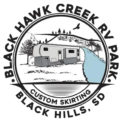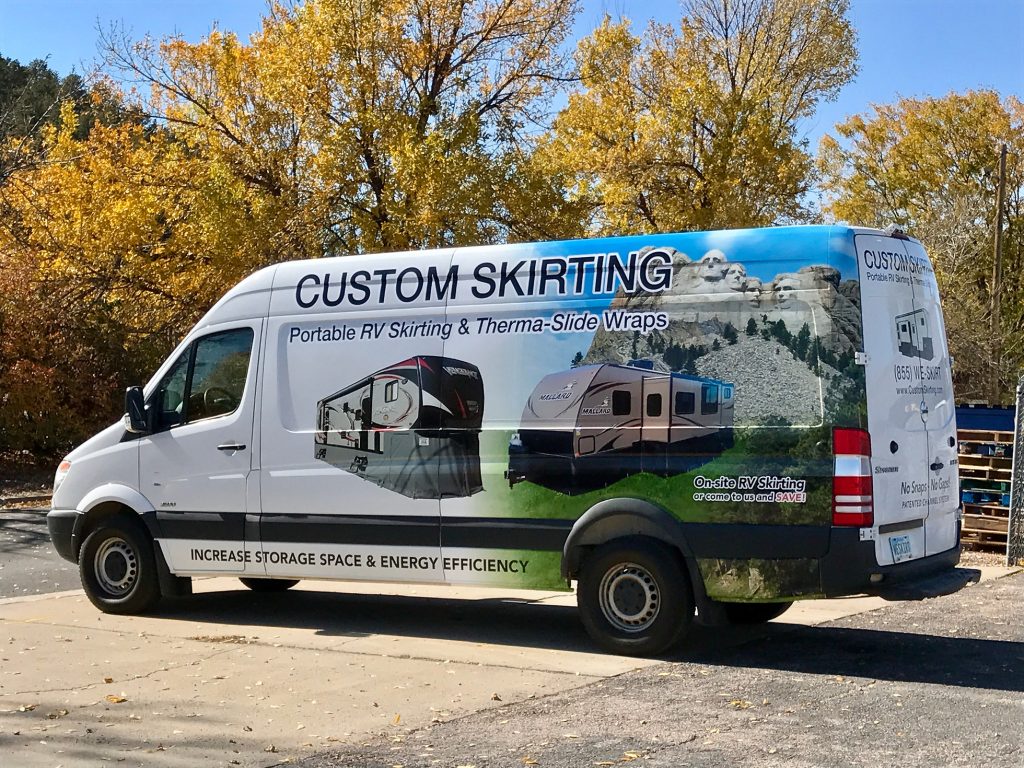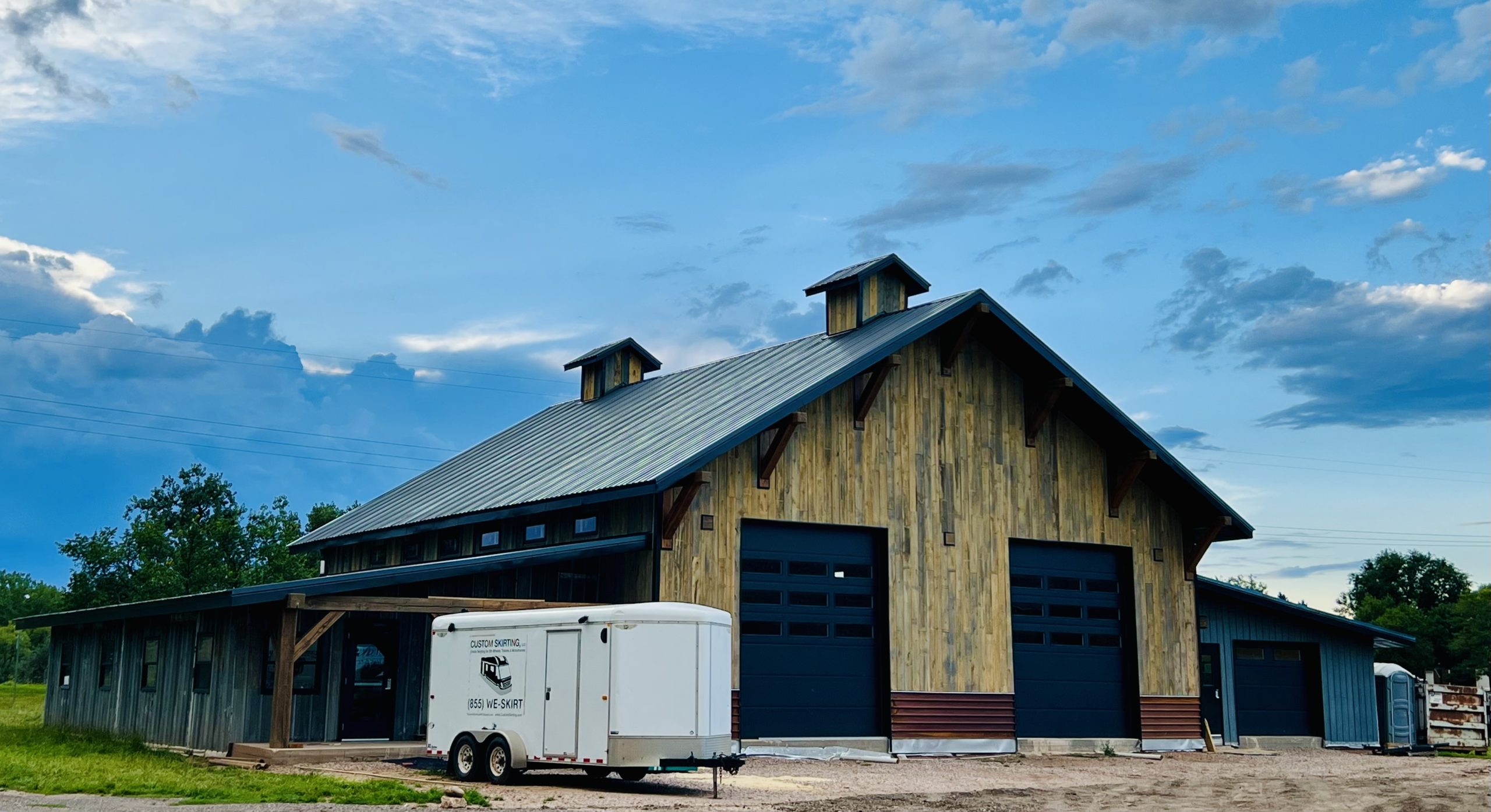Table of contents
Full-time RV living has become a growing trend, offering freedom and adventure on the open road. However, understanding the full-time RV living monthly costs is crucial for anyone considering this lifestyle. Proper budgeting and financial planning are essential for a successful transition to RV living. Costs can vary widely depending on factors such as RV type, travel style, monthly RV park rates, and personal preferences. This guide will provide a comprehensive overview of the various expenses involved in full-time RV living and offer practical tips for managing your budget.
Breaking Down the Monthly Expenses of Full-Time RV Living
Living in an RV full-time involves several categories of expenses. Here’s a breakdown of the typical monthly costs:
RV Payments and Insurance
The cost of purchasing or financing an RV can vary greatly. Monthly payments for a new RV can range from $200 to $1,000, depending on the type and financing terms. Proper insurance coverage is also crucial. RV-specific insurance differs from regular auto insurance and can cost between $50 to $200 per month.
Campground and Parking Fees
RV parking rates monthly can range from $20 for basic sites to over $100 for luxury RV resorts. Membership programs like Thousand Trails offer potential cost savings, with annual fees typically around $500 to $1,000. On average, expect to spend between $600 to $1,200 on RV park rates monthly on campground and parking fees.
Fuel and Maintenance Costs
Fuel costs significantly impact the cost of RV living. Fuel consumption varies by RV type, with larger motorhomes consuming more. Monthly fuel expenses can range from $200 to $800. Routine maintenance costs and unexpected repairs should also be budgeted for, averaging $100 to $300 per month.
Utilities and Connectivity
Utility costs include electricity, water, propane, and waste management. These can total around $50 to $200 per month. Internet and cell phone plans suitable for full-time RVers are essential. Mobile hotspots and signal boosters can add another $50 to $150 per month.
Food and Groceries
Food costs in an RV can differ from traditional home living. Grocery shopping and meal planning are key to managing expenses. Monthly food costs can range from $300 to $600, depending on whether you cook in the RV or eat out frequently.
Entertainment and Activities
Budgeting for entertainment, attractions, and activities is important. National park passes and other cost-saving options can help manage these expenses. Monthly entertainment costs can range from $50 to $200.

Sample Monthly Budgets for Different RV Lifestyles
Here are sample budgets for different RV living scenarios:
Budget-Conscious Boondockers
- RV Payments and Insurance: $300
- Campground and Parking Fees: $100
- Fuel and Maintenance Costs: $200
- Utilities and Connectivity: $50
- Food and Groceries: $300
- Entertainment and Activities: $50
- Total: $1,000
Moderate Travelers
- RV Payments and Insurance: $500
- Campground and Parking Fees: $600
- Fuel and Maintenance Costs: $400
- Utilities and Connectivity: $100
- Food and Groceries: $400
- Entertainment and Activities: $100
- Total: $2,100
Luxury RV Resort Enthusiasts
- RV Payments and Insurance: $1,000
- Campground and Parking Fees: $1,200
- Fuel and Maintenance Costs: $800
- Utilities and Connectivity: $150
- Food and Groceries: $600
- Entertainment and Activities: $200
- Total: $3,950
Cost-Saving Strategies for Full-Time RV Living
Reducing monthly expenses while living in an RV full-time requires a combination of practical strategies and smart planning. Here are some effective ways to save money:
Finding Free Camping Spots
One of the biggest ways to cut costs for RV living is by finding free camping spots since monthly rv parking rates can be costly. Websites and apps like Campendium, FreeCampsites.net, and iOverlander offer databases of free or low-cost camping locations. Public lands managed by the Bureau of Land Management (BLM) and national forests often allow dispersed camping for free or at minimal cost.
Maximizing Fuel Efficiency
Fuel can be a significant expense for RVers. To maximize fuel efficiency:
- Plan Routes Wisely: Use apps like GasBuddy to find the cheapest fuel prices along your route.
- Maintain Steady Speeds: Avoid rapid acceleration and deceleration to improve fuel efficiency.
- Regular Maintenance: Keep your RV in good condition, including regular oil changes, air filter replacements, and tire pressure checks.
- Lighten the Load: Remove unnecessary items to reduce the weight of your RV, which can improve fuel economy.
Leveraging Rewards Programs and Memberships
Membership programs can provide significant savings:
- Good Sam Club: Offers discounts on campgrounds, fuel, and RV supplies.
- Passport America: Provides 50% off at participating campgrounds.
- Thousand Trails: Memberships offer access to a network of campgrounds at a reduced rate.
Cooking and Eating Smart
Eating out can add up quickly. Save money by:
- Meal Planning: Plan meals in advance and buy groceries in bulk.
- Cooking in the RV: Invest in a portable grill, slow cooker, or instant pot to expand your cooking options.
- Farmers Markets: Shop at local farmers markets for fresh, affordable produce.
Utilizing Free and Low-Cost Activities
Entertainment doesn’t have to be expensive. Look for free or low-cost activities:
- Hiking and Biking: Explore local trails and parks.
- Local Events: Check out free local events, festivals, and community activities.
- National Park Pass: Invest in an America the Beautiful pass for unlimited access to national parks for a year.
Hidden Costs and Financial Considerations
Living full-time in an RV involves some often-overlooked expenses and financial considerations:
Health Insurance
Health insurance can be more complicated when you’re on the road. Consider:
- Telemedicine Services: Some health plans offer telemedicine services, which can be convenient for RVers.
- Nationwide Coverage Plans: Look for insurance plans that provide coverage across multiple states.
Mail Forwarding Services
Staying connected with mail can be challenging. Services like Escapees and Traveling Mailbox offer mail forwarding services tailored for RVers. These services can forward your mail to wherever you are or scan and email you the contents.
State Residency Issues
Choosing a domicile state is crucial for tax purposes and vehicle registration. Popular states for RVers include Florida, Texas, and South Dakota due to their favorable tax laws and services tailored for full-time RVers.
Emergency Fund
An emergency fund is essential for unexpected expenses such as repairs, medical emergencies, or sudden changes in travel plans. Aim to save at least three to six months’ worth of expenses.
Long-Term Financial Stability
Plan for long-term financial stability by:
- Retirement Savings: Continue contributing to retirement accounts.
- Income Streams: Develop multiple income streams, such as remote work, freelancing, or seasonal jobs.
- Budgeting Tools: Use budgeting tools and apps to track expenses and adjust your budget as needed.

Is Full-Time RV Living Financially Smart?
Whether full-time RV living is financially smart depends on individual circumstances. Here’s a comparison to help you decide:
Cost Comparison
- RV Living: Can be more cost-effective if you boondock often, manage fuel efficiency, and avoid luxury RV parks.
- Traditional Housing: Typically involves mortgage/rent, utilities, property taxes, and maintenance costs.
Potential Savings
- Lower Utility Bills: RV utility costs are often lower than those of a traditional home.
- Reduced Housing Costs: No property taxes, and potentially lower insurance and maintenance costs.
Potential Expenses
- Fuel Costs: Can be high depending on travel frequency and distance.
- Maintenance and Repairs: Unexpected repairs can add up quickly.
- Health Insurance: May be more expensive and complex.
Lifestyle Considerations
Full-time RV living offers a unique lifestyle that can provide financial benefits and increased freedom. However, it requires careful planning and budgeting to ensure it is financially sustainable.
FAQs
What is a good budget for full-time RV living?
A good budget for full-time RV living typically ranges from $1,000 to $4,000 per month, depending on your travel style, choice of campgrounds, and personal preferences.
Is it financially smart to live in an RV?
Living in an RV can be financially smart if you manage expenses well, find affordable camping options, and maintain a flexible budget. It can be more cost-effective than traditional housing, but it requires careful planning.
Is it cheaper to live in a camper full time?
It can be cheaper to live in a camper full time, especially if you boondock frequently, minimize travel distances, and manage your budget effectively. However, costs can add up with fuel, maintenance, and health insurance.
How can you afford to live in an RV full time?
Affording full-time RV living involves budgeting, finding cost-saving opportunities, maintaining an emergency fund, and possibly generating income through remote work, freelancing, or seasonal jobs. Leveraging memberships and rewards programs can also help reduce costs.
Plan Your Full-Time RV Living Adventure at Black Hawk Creek RV Park
Considering a transition to full-time RV living? Whether you’re a seasoned RVer or a soon-to-be RV owner, planning where to stay is a crucial step. Why not start your journey at Black Hawk Creek RV Park & Cabins? Located just 2 miles from the interstate and a 5-minute drive from Rapid City, this year-round RV park offers the perfect blend of convenience and adventure.
Explore the Beauty of South Dakota
Black Hawk Creek RV Park is your gateway to some of South Dakota’s most iconic attractions. Within a scenic drive, you can visit:
- Mount Rushmore
- Crazy Horse Memorial
- Custer State Park
- Badlands National Park
- Devils Tower
- Deadwood, the historic Wild West gambling town
Comfort and Convenience
Offering a diverse range of accommodations from spacious RV sites to cozy cabins, Black Hawk Creek welcomes both short-term travelers and those seeking extended stays. Enjoy the comfort and amenities of this inviting haven while exploring the beauty and excitement of South Dakota.
Book Your Stay Today
Don’t wait to start your full-time RV living adventure. Book your stay at Black Hawk Creek RV Park & Cabins today and unlock a world of exploration, relaxation, and comfort. Your unforgettable South Dakota adventure awaits!






